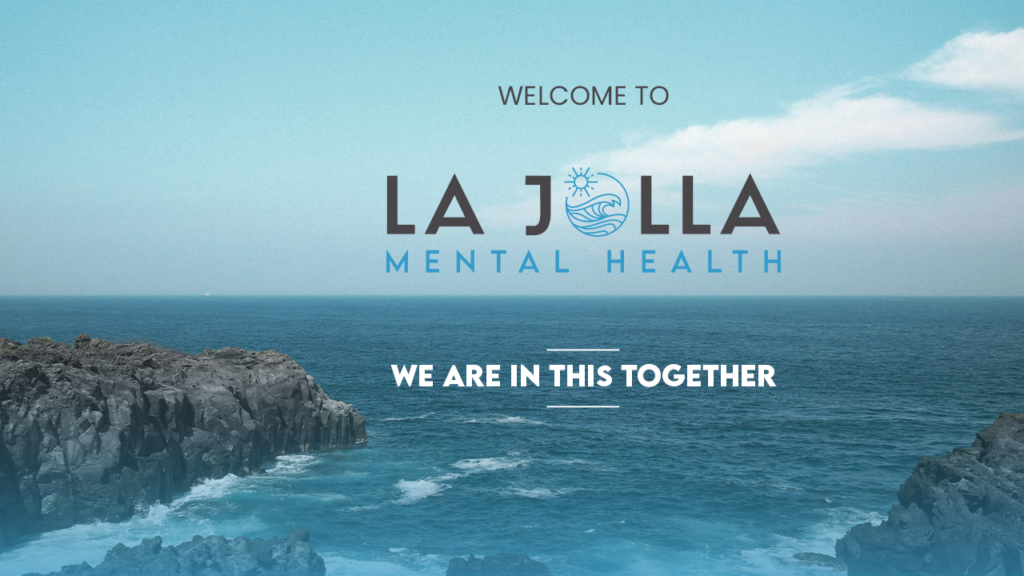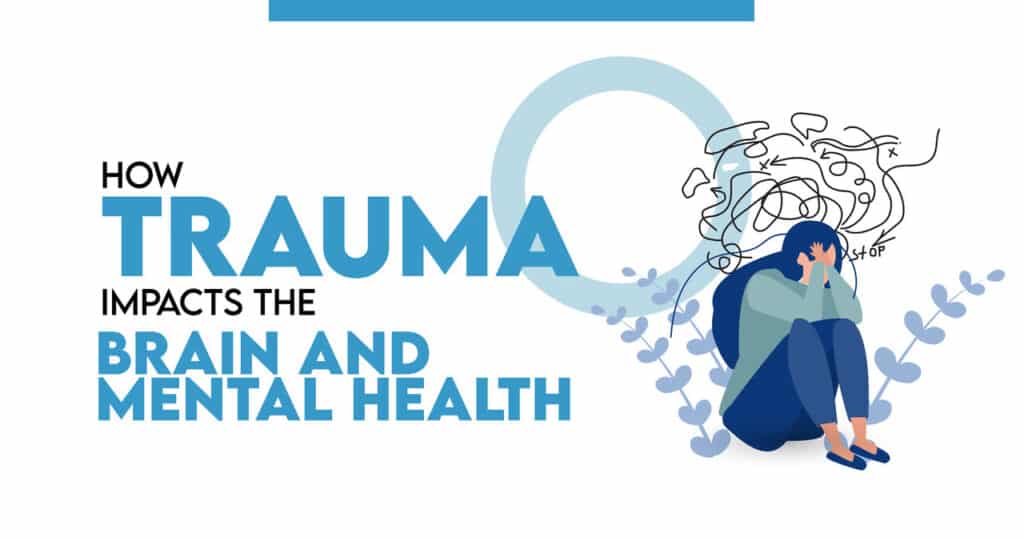Trauma and brain health have a close connection – rarely, a person who underwent a traumatic event can move on with their life unscathed. Exposure and, in particular, prolonged exposure to incidents of various nature are likely to change your brain in ways that are not always immediately evident but harm you in the long run.
In our guide, we will explain what causes trauma, how people react when facing challenges, and how you can recover after experiencing intense fear and danger.
Understanding Trauma: Types and Common Causes
It is believed that emotional trauma is caused by terrifying and stressful events that can be experienced differently by every person. While some people are able to persevere and avoid the consequences of the most dire circumstances, others develop mental conditions arising after an incident or abuse. The classification of trauma and its causes varies yet most researchers distinguish the following types of trauma:
| Type of Trauma | Description |
Acute Trauma |
Acute trauma is caused by a certain accident or event – if you were a victim of assault or lived through another life-changing incident, this may lead you to feel irritated, confused, and aggressive for years |
Chronic Trauma |
This type of trauma is the result of prolonged events that take place over a long period of time – for instance, victims of domestic violence and people who lived in a war-torn country can experience flashbacks, anxiety, and severe depression |
Complex Trauma |
Unfortunately, some individuals have had a more difficult life plagued with various troubles, and it may be hard to pinpoint the exact issue that resulted in their mental health struggles which is why complex trauma is singled out as a separate type of trauma |
How Trauma Physically Changes the Brain
The impact of trauma on the brain is often quick and lasting. Moreover, in some situations, it is hard to assess the damage immediately since certain negative consequences do not manifest for years and even decades after the traumatic event occurs. For instance, a person may develop insomnia later in life while being a victim of child abuse – there can be a huge gap between the event and its impact.
The repercussions vary from an occasional spike in anxiety for seemingly no reason to a depression diagnosis that demands immediate mental health support, prescription of medication, and even hospitalization.
The Brain’s Response to Trauma: Fight, Flight, or Freeze
There are three main ways to respond to a traumatic event when it unfolds:
| Type of Stress Response | Description |
Fight |
You realize you are in danger – instead of running away from it, you prefer to fight. In many cases, this type of reaction does not mean you have to physically attack another person but your fists are clenched, you grind your teeth, and you feel anger rising in your body |
Flight |
This mode kicks in when you recognize the best option is to get as far away from danger as possible. It has been noted that an individual may feel the adrenaline rush – to escape and save themselves and others, they may run longer and farther as well as exhibit abnormal strength |
Freeze |
Sometimes, the response to trauma is the lack of action; nevertheless, there are symptoms that classify this reaction as the freeze response – you become numb, overcome with dread, feeling cold and heavy, and your heart rate slows down |
Long-Term Effects of Trauma on Mental Health
Emotional trauma often leaves its mark on a person – months and years after you lived through a traumatic event you may still feel the impact of that negative experience even if it seems nothing in your present life ties to you the challenges of the past:
- Anxiety and depression are common consequences of trauma. If you survived a car crash or were exposed to armed conflicts, you may worry it will happen again in the future – you feel you cannot guarantee your own safety and the safety of your loved ones hence you become nervous and agitated and can no longer sleep at night and function during the day.
- Flashbacks can make you feel like you are going through a stressful event once again. For example, if you were a victim of domestic abuse, something your new partner says or does – even if it brings you no harm – can remind you of your previous relationship and trigger emotional or physical distress.
- The inability to focus and other changes in cognitive function can impact your behavior. Whatever your response was to the trauma in question, after a long time you may still find yourself lost, incapable of concentrating on the most mundane tasks, and even experiencing memory problems that negatively affect your studies or work.
Neuroplasticity: Can the Brain Heal After Trauma?
Is it possible to rewire your brain? This is a question that bothers people who were lucky enough to lead happy lives without any major traumatic events – those who had to experience trouble in their lives often doubt if positive change is even possible. Yet neuroplasticity is real – your brain can adapt to new conditions when you are recovering after trauma.
It is rather unusual if a person can no longer learn new things, experience feelings they were not familiar with before, or cope with trauma with no tangible improvements. There are multiple ways to enhance neuroplasticity, and you can practice some of them on your own – get more rest, exercise, hydrate yourself properly, and once in a while leave your comfort zone whatever this may mean to you.
Trauma Recovery and Brain Health: Evidence-Based Approaches
Trauma effects on mental health can also be managed with the help of professional therapy. Your therapist may offer different types of treatment based on their first conversations with you – rely on their professional opinion and trust they will choose the best option for you.
Some patients get better after being exposed to what triggers them instead of avoiding painful memories and thoughts, others respond well to cognitive behavioral therapy that teaches skills to cope with anxiety and fear, and certain individuals will benefit from narrative therapy by contextualizing their traumatic experiences to make sense of what happened to them.
Supporting Brain Health After Trauma
Thankfully, trauma recovery and brain healing are attainable even if your life has undergone major changes after you experienced trauma. Here is what you can do to improve your chances of rehabilitation:
- Come up with schedules, routines, and plans for your future. This does not only include professional and personal goals you want to achieve – create an outline for every part of your life, from a sleep routine to a nutrition plan. Discipline and small tasks you set for yourself and are able to accomplish daily will help you stay on track as you are recovering.
- Implement a few relaxation methods in your life. Whether you start practicing yoga or meditation or master techniques that let you set healthy boundaries for your own benefit and say “no” when you need to acknowledge a certain activity or duty is too much for you to take, changes of this sort will reduce the pressure others and you put on yourself.
- Do not hesitate to ask for help. Talking to a close friend or partner about your hardship can allow you to release the suppressed emotions that often quite literally hurt your brain; if it does not help, consider therapy – a few sessions with a mental health professional qualified to assist with recovery from trauma and brain health improvement will do wonders for your psychological state.
The Path to Healing
By being patient and consistent, giving yourself time, and looking for meaningful treatment options, healing from trauma is possible. While everyone’s story is different, the most essential thing is admitting you have an issue and are willing to fight hard for your own mental well-being and freedom from trauma.
Keep in mind that if you or someone you know well has gone through an incident that caused you emotional or physical harm, therapy can be the answer – a professional therapist will give their patient space to unwind, share their story, and gain hope for recovery.
FAQs
- What is trauma and what are its main types?
Trauma can be defined as an emotional reaction to a highly stressful situation whether it is a single event (acute trauma), prolonged suffering (chronic trauma), or a series of incidents that accumulate their impact and affect the person’s psyche.
- What are the most frequent responses to events that cause trauma?
All people react differently to traumatic incidents but most of them either feel the urge to face the danger head on (fight), escape the situation to prevent further damage (flight), or feel stuck in one place incapable of saying or doing anything (freeze).
- Are trauma and brain health connected in any way?
If trauma remains untreated, it can harm your ability to function normally – old memories fade away, new memories are not forming, your emotions are all over the place, and you may not be able to make decisions due to your brain being unhealed.
- How can I enhance my neuroplasticity?
The best way to restructure your brain is constantly learning and finding new things to entertain yourself. While certain things can be difficult to accomplish (for instance, not everyone has the means to travel and take a long break from their responsibilities), dedicating time to a hobby or spending time on DIY art projects is accessible to every person.
- What are the best strategies to take care of myself after trauma?
Every experience is unique, and you have to make your own choices – look for things that give you pleasure whether it is spending more time with others or making time just for yourself. As long as you feel it is self-caring and nurturing, you are on the road to recovery.








